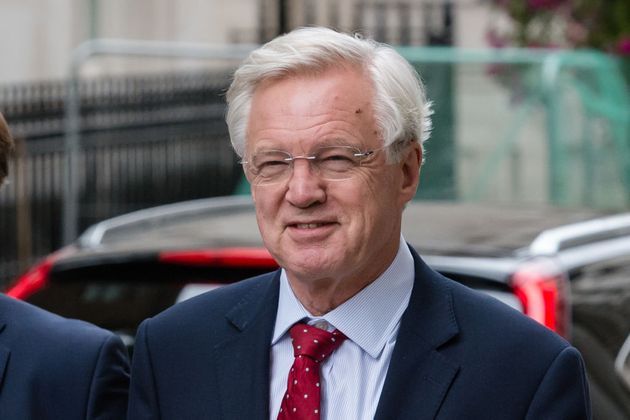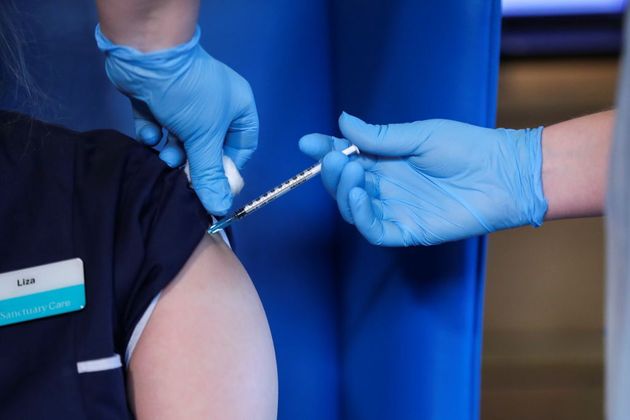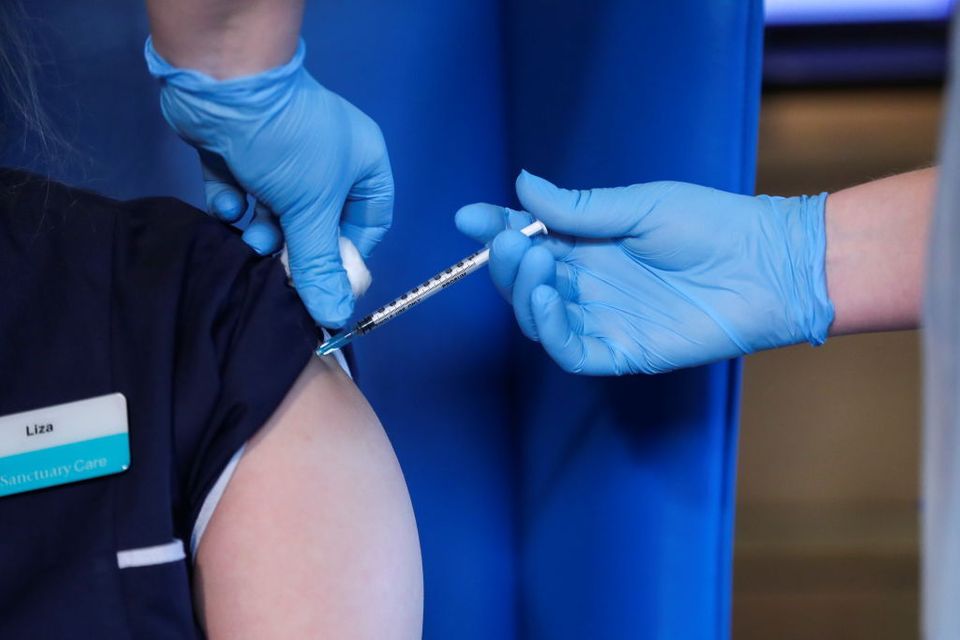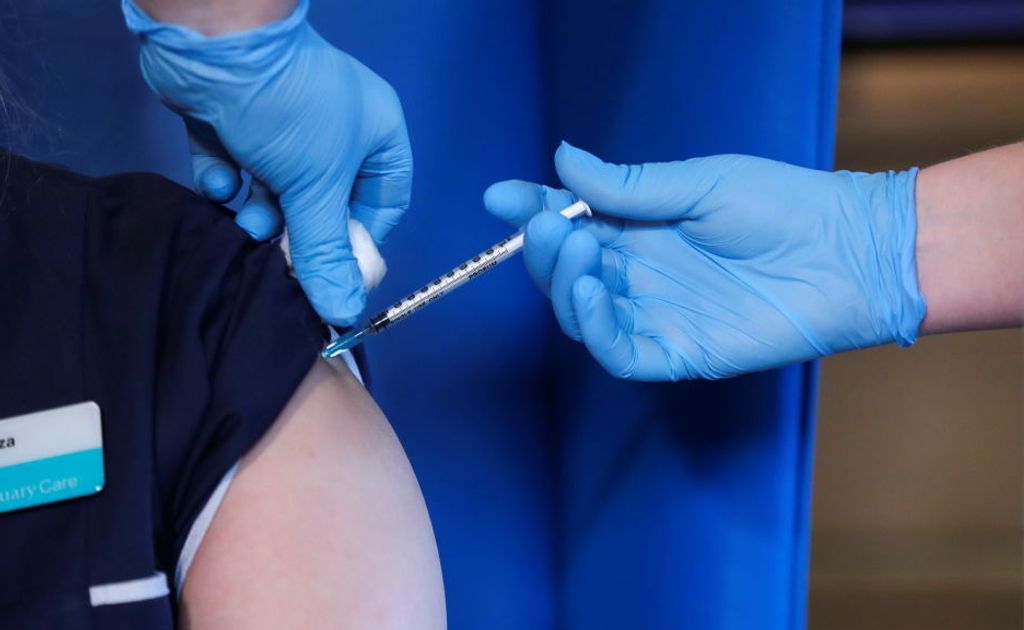
The risk of being infected with coronavirus is substantially reduced for up to 10 months after a first infection, a study suggests.
Researchers found that care home residents with a previous infection were 85% less likely to be infected between October 2020 and February 2021 than residents who had never been infected.
Meanwhile, staff with past infection were 60% less likely than staff who had not had the infection before, the study suggested.
According to the researchers, this showed strong protection in both groups, but they cautioned that the percentages may not be directly comparable, as staff might have accessed testing outside the care home, leading to positive tests not being included in the study.
Additionally, residents who tested positive for antibodies were likely to represent a particularly robust group, having survived the first wave of the pandemic.
Lead author Dr Maria Krutikov, of UCL Institute of Health Informatics, said: “It’s really good news that natural infection protects against reinfection in this time period. The risk of being infected twice appears to be very low.
“The fact that prior Covid-19 infection gives a high level of protection to care home residents is also reassuring, given past concerns that these individuals might have less robust immune responses associated with increasing age.
“These findings are particularly important as this vulnerable group has not been the focus of much research.”
“The fact that prior Covid-19 infection gives a high level of protection to care home residents is reassuring.”
– Lead author Dr Maria Krutikov, of UCL Institute of Health Informatics
Researchers looked at rates of coronavirus infections between October and February among more than 2,000 care home residents and staff. They compared those who had evidence of a previous infection up to 10 months earlier with those who had not been previously infected.
For the study, 682 residents (with a median age of 86) and 1,429 staff in 100 care homes in England took antibody blood tests in June and July last year after the first wave of the pandemic. About a third tested positive for antibodies, suggesting they had previously been infected.
Researchers then analysed the results of participants’ PCR tests, starting around 90 days after the blood samples were taken to ensure the tests did not pick up the initial infection. PCR tests were taken once a week for staff, and once a month for residents, with further testing in the event of an outbreak.
Positive tests were only included if they were more than 90 days apart to make sure the same infection was not included more than once. Based on the antibody test results, out of the 634 people who had been previously infected, reinfections occurred in only four residents and 10 members of staff.
Among the 1,477 participants who had never been infected, positive PCR tests occurred in 93 residents and 111 staff. The study excluded the impact of vaccination by removing participants from the analysis 12 days following their first vaccination dose.







